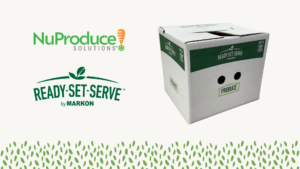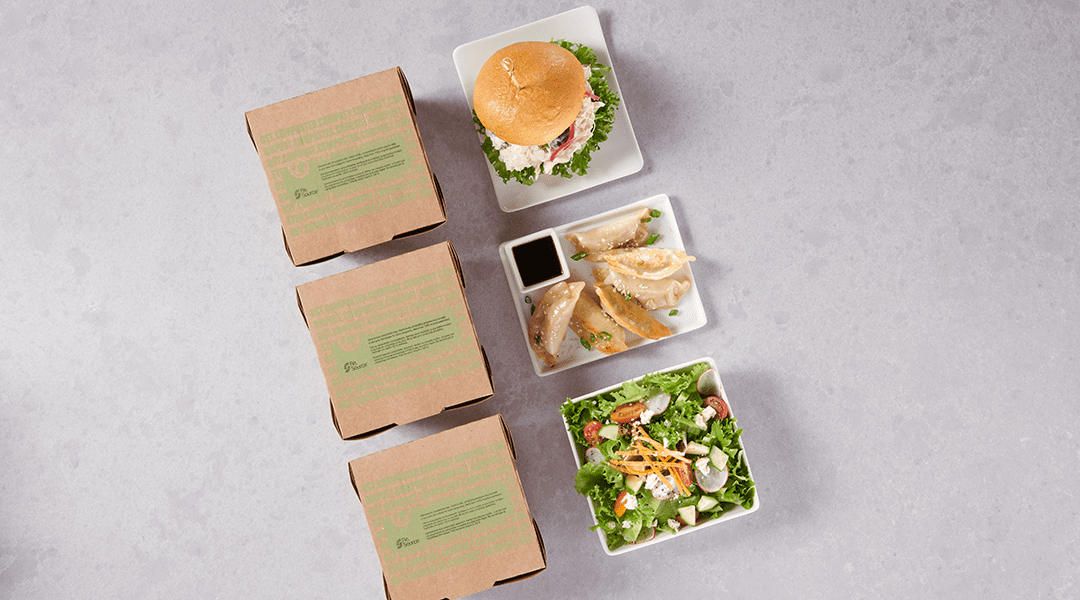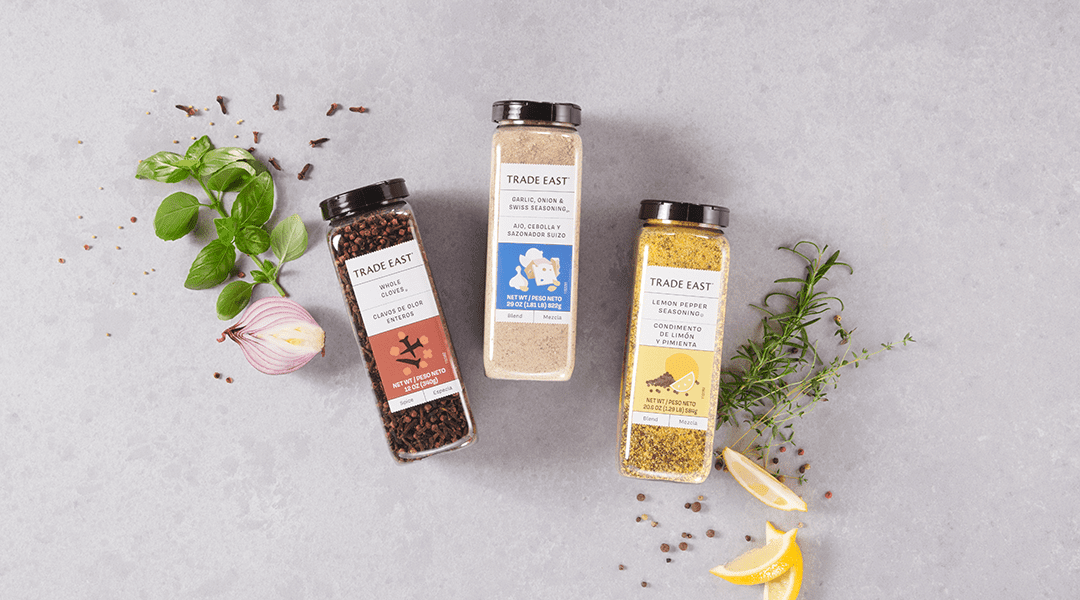Foodservice is a constantly changing business. Margins are thin, competition is fierce and consumer demand is ever-shifting. And you must stay on top of numerous legal issues to protect your business. Here, we cover the basics, so you can protect your operation.
Type of business entity
Many companies are structured as sole proprietorships, but operating under the umbrella of a legal entity offers business owners better personal liability protection. This is particularly so in commercial foodservice, where you’re feeding people and interacting with guests and employees. Typically, a corporation or limited-liability company (LLC) is the way to go.
If you operate more than one location or separate foodservice businesses, you’d be well advised to set up a separate corporation or LLC for each operation; this way only one entity’s assets would be at risk in the event of a lawsuit involving a single location. Often, corporations are more difficult to run than LLCs, as corporate law requires a board of directors, shareholder meetings and other administrative tasks. LLCs have far fewer formalities.
A traditional general partnership is not advisable since it leaves you and each of your partners with personal liability and puts partnership assets at risk. However, assuming you maintain the distinction between you as an individual and a legal entity (e.g., maintenance of separate bank accounts), you may be insulated from personal liability. Business-formation law varies from state to state, so consult an attorney before determining which type of entity is right for you.
Intellectual-property rights
Nearly every operation creates intellectual property—assets that can be very valuable in this highly competitive industry. Here’s how to guard your operation’s intellectual property rights:
Trademarks
Obtain trademark protection for any distinctive marks, emblems, symbols or taglines. The protected mark must distinguish your business from others and must be distinctive, i.e., not something generic, such as “great food.” The federal government grants exclusive rights to use a trademark for 10 years with the possibility of additional 10-year renewals. To obtain the right to use a trademark, file an application with the United States Patent and Trademark Office. Apply on your own or with an attorney’s help.
Once granted, trademarks may not be modified or abbreviated. You must consistently use the mark in same font, style and color. Marks also should be capitalized, underlined, italicized, placed in quotation marks or superscript, subscript or bold style to distinguish them from other text. Your mark should be affixed to specific products or used in connection with the provision of a particular service. They also can be used on a websites, catalogs, promotional materials and other advertisements.
Copyrights
Designed to protect creative endeavors, a copyright grants authors the exclusive privilege to produce, create or display a work. Recipe books, certain recipes themselves, as well as food-preparation methods/techniques can be copyrighted. Obtain copyrights by filing applications with the U.S. Copyright Office. Apply on your own or with an attorney’s help.
Patents
These can cover a range of areas, including new ingredients, food products, preparation processes and food packaging. Patents are granted by the United States Patent and Trademark Office. Applying for a patent is a complex process, so retain a patent attorney to handle the application.
Local regulations
Obtain all appropriate permits and licenses for your operation. The permitting and licensing process varies from state to state, city to city and even county to county. Local government offices can be a great resource for determining what you’ll need. You’ll also likely need additional licensing for serving or distributing alcohol. The process of obtaining a license to pour alcohol can be more extensive than for foodservice permits and may require interaction with a local liquor-control commission.
Your operation also may be subject to food and safety health inspections, which could include food, refrigeration and cooking equipment. Depending on the complexity of your local food-handling and catering-related ordinances, you may want to consider hiring a consultant to assist you. Pay close attention to the safety of your employees and equip them with appropriate eye, face and hand protection when necessary. Also provide proper job training for their particular responsibilities. From a legal standpoint, this can help protect your operation and it facilitates excellent customer service.
Employees
Properly screen all job applicants. Look for candidates with some track record in the foodservice industry. Check references and ask interview questions that are useful and apply to your business. Do not ask any illegal questions (e.g., about race or national origin) and don’t discriminate based on race, gender, national origin or other protected classes. Be clear about the difference between independent contractors and true employees. These terms are often used interchangeably, but for purposes of federal and state labor laws, they’re not the same. Reference books and employment attorneys can help you understand these laws.
The bottom line? Facing the legal side of foodservice doesn’t have to be daunting—and understanding it can keep your business safe.
This article is for informational purposes only. It is not legal advice. Always consult with your lawyer regarding your specific circumstances.




























